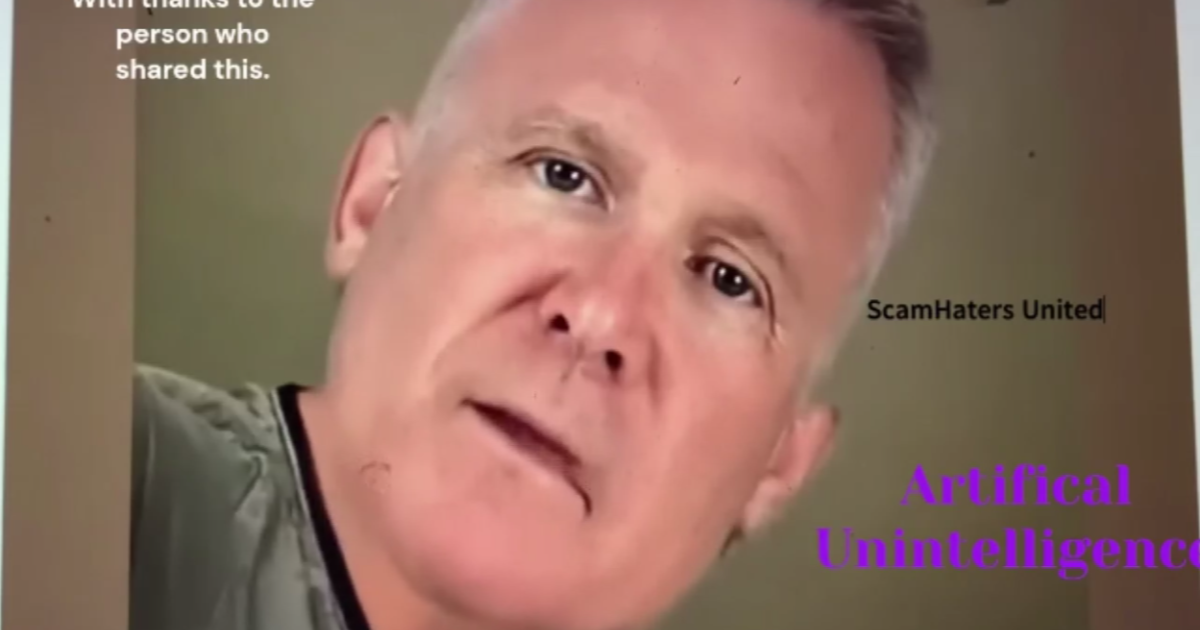Bad Alley Has Gone Unpaved For Years; 'It Almost Looks Third Worldish'
CHICAGO (CBS) -- Winter's harsh conditions can take a major toll on city streets, but the holes and cracks that form in alleys can take significant time to completely repair.
A journey down Lloyd and Diane Leftridge's pothole-filled alley on the Southwest Side is a bumpy ride.
"You've got to really take it easy, because you could tear your car up," Lloyd said.
The Leftridges have lived in the 19th Ward for 20 years, and said their alley has never been paved.
"It almost looks third worldish," Lloyd said.
Clearly, driving through all of that is no fun.
Over the years, the Leftridges and their neighbors have submitted several petitions and requests to pave the alley, but no luck.
"What they said was there was no money, but we've seen all the other alleys around us being paved, while they're telling this block there is no money," Diane said.
Most funds for alley paving come from an alderman's annual "menu" funds. Each ward gets about $1.3 million for infrastructure improvements.
The Chicago Department of Transportation makes recommendations for each ward, based on complaints to the city's 311 service line, and residents can apply directly to the alderman; but the funds dry up fast.
"They're going down the alley; eenie, meenie, miney, mo," Diane said.
Ald. Matt O'Shea (19th) said he's frustrated, too. Over the years, he's hot-patched the alley with asphalt, but knows it can't last long. At least 10 other alleys in the ward are in a similar state.
O'Shea's menu money is responsible for the care of some 200 miles of streets and alleys, and the funds are stretched thin. The Leftridges had kind words for the alderman.
"A tree fell on our truck, and our neighbor's truck. The alderman did come make sure to clean that up," Diane said said.
The Leftridges said they wish their tax dollars went further.
"This particular item is not happening. We can't understand why," Diane said.
O'Shea said many of the alleys in his ward were built in the 1950s, and don't have proper drainage. They can't simply be repaved, but require newly engineered water systems that add significantly to the cost.



